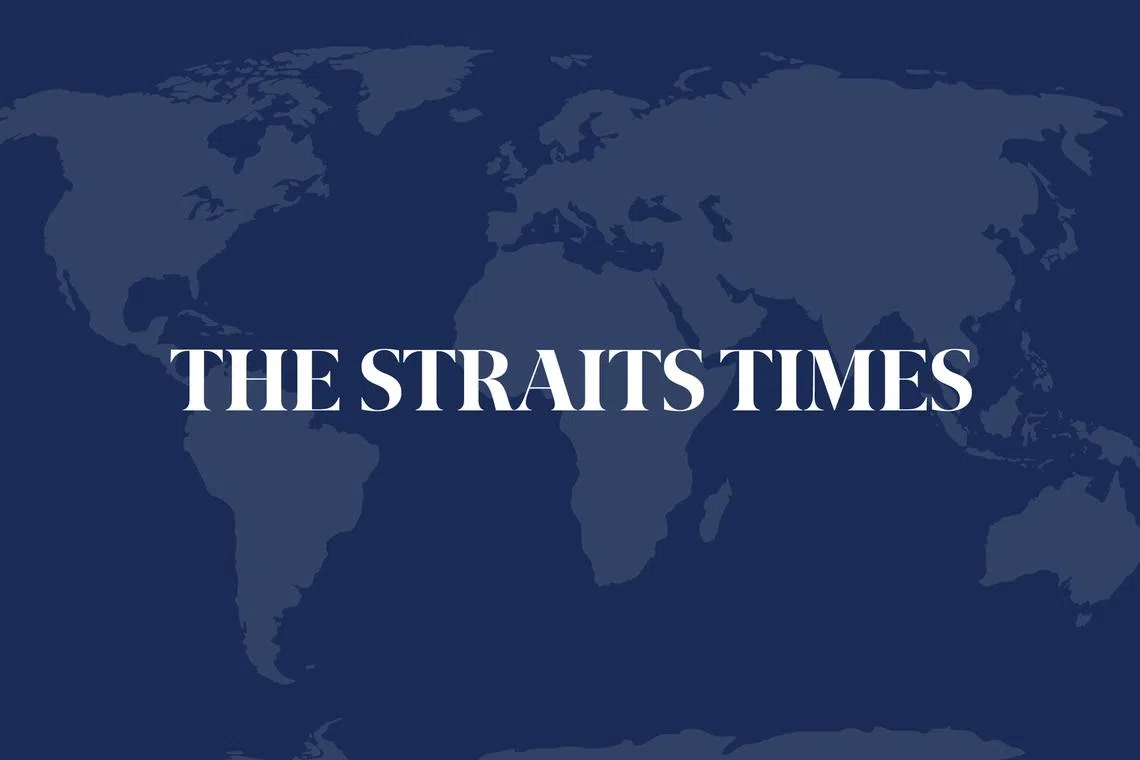National Association of Intercollegiate Athletics bans transgender athletes in US collegiate sports
Sign up now: Get ST's newsletters delivered to your inbox

Follow topic:
NEW YORK – The National Association of Intercollegiate Athletics (NAIA) on April 8 banned transgender women from competing in women’s sports, taking a more hardline stance than other athletic bodies that allow trans athletes to compete based on testosterone levels.
The NAIA, representing mostly small colleges, is less influential than the larger National Collegiate Athletic Association (NCAA) but its decision carries some political weight in the wider United States debate about transgender rights.
“Only NAIA student-athletes whose biological sex is female may participate in NAIA-sponsored female sports,” the association said in its policy.
On the other hand, female athletes who have begun masculinising hormone therapy may participate in internal workouts, practices and team activities but are banned from external competition.
Any eligible athlete may participate in men’s sports, the policy added.
The vote by the association’s council of presidents was 20-0, ESPN reported, on the same day that World Netball also banned transgender players from international competition with immediate effect.
NAIA president Jim Carr admitted that he understands the policy will generate controversy but that it was the best solution for competitive reasons.
“We know there are a lot of opinions, and a lot of people have a very emotional reaction to this, and we want to be respectful of all that,” he said, as quoted by ESPN.
“But we feel like our primary responsibility is fairness in competition... And we’ve tried as best we could to allow for some participation by all.”
However, Kelley Robinson, president of the Human Rights Campaign, which advocates for LGBTQ rights, criticised the policy as a “cowardly decision that enables discrimination”.
“We strongly urge institutions like the @NCAA to reject this type of blanket discrimination,” she added on X.
The NAIA has 83,000 athletes at 250 schools while NCAA has more than 500,000 athletes at around 1,100 member schools, according to their respective websites.
The NCAA transgender policy is less stringent when it comes to competition.
It requires transgender athletes to have undergone testosterone suppression treatment for at least one year and to test below certain levels at different times of the year.
The International Olympic Committee (IOC) policy allows each sporting federation to set its own regulations.
For example, in 2022, the swimming regulator World Aquatics said transgender women must have suppressed male puberty before age 12 or must not have reached a certain level of male puberty.
That policy was announced shortly after University of Pennsylvania swimmer Lia Thomas, a transgender woman who had recently transitioned, won the NCAA 500-yard freestyle championship, which critics labelled unfair.
In March, more than a dozen female athletes sued the NCAA for allowing her to compete, alleging the transgender participation policy violated their civil rights under Title IX, the federal law banning discrimination based on sex in education. REUTERS

